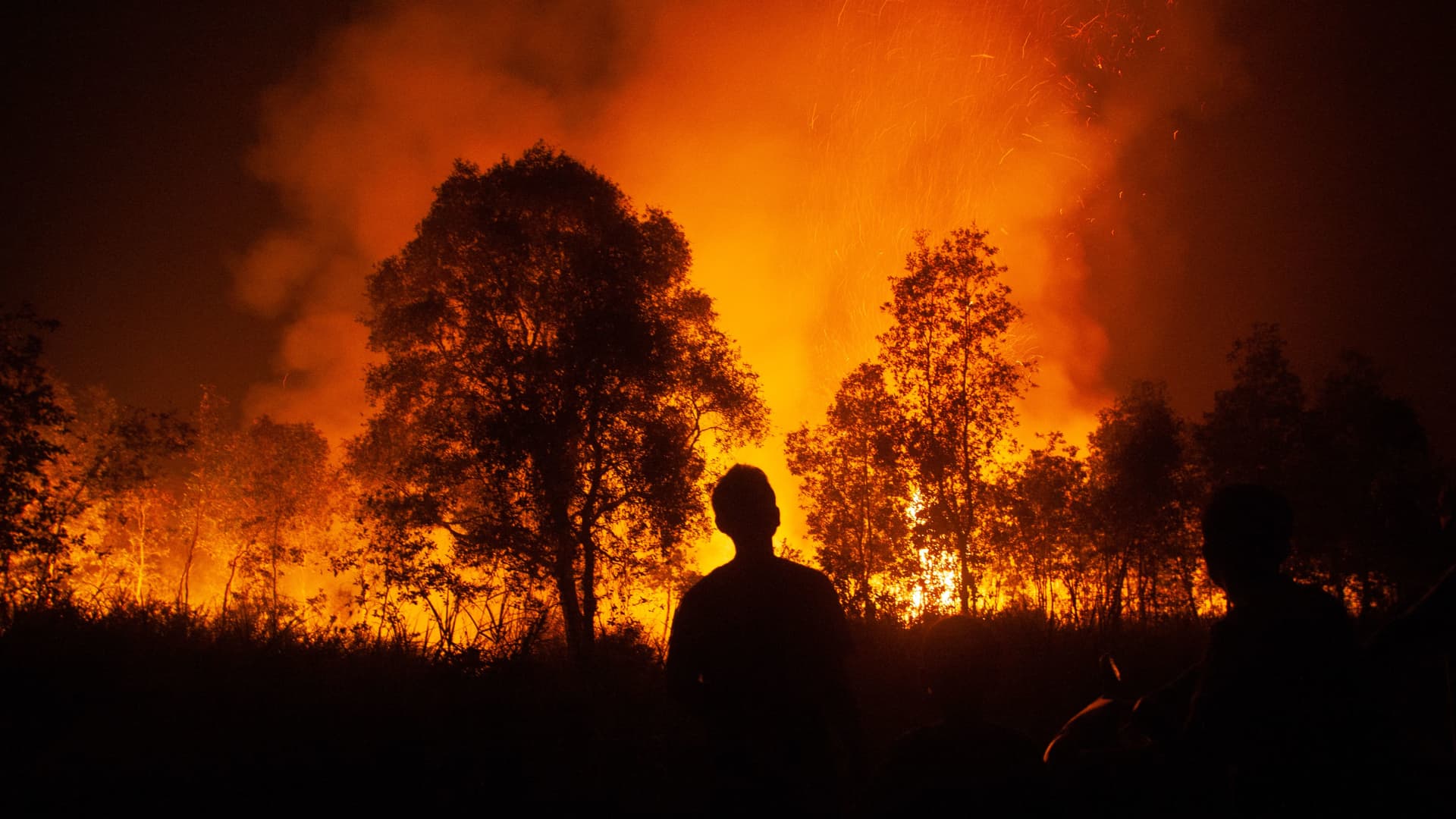"I am optimistic on Turkey’s decision to send troop to Iraq"
Even as the United States is negotiating with members of the Security Council on ways to enlarge the international peacekeeping presence in Iraq, Defence Secretary Donald Rumsfeld has said the US troop strength in either Iraq or Afghanistan should not rise to the level of an occupying force because it could create unwanted dependence.
In an interview to the Public Broadcasting Service (PBS), Rumsfeld said the United States did not want to "own" either nation.
"We don’t want to own Afghanistan. We don’t want to own Iraq. We want to help them get on their feet and then move out," he said.
The US efforts to get a fresh UN resolution is aimed primarily at persuading countries like India, Pakistan and Turkey to contribute troops to the peacekeeping operations in Afghanistan.
The Bush administration in under intense domestic pressure to seek international help after rising US casualties.
The defence secretary said the US did not want to put so many forces in the two countries that "we create a dependency on us and then have to stay. We want to keep creating an environment where they can take over their security."
Rumsfeld pointed to what he called the flawed example of Soviet efforts to deal with Afghanistan by sending in 300,000 troops that he said "couldn’t do the job." In contrast, he said the U.S. has deployed 100,000 soldiers to Iraq where they are "making steady progress. That was because we don’t want to occupy a country. The Soviets wanted to own Afghanistan."
There were 1,30,000 U.S. forces in Iraq now, he said, but he also underlined the fact that the United States still has "a lot of responsibilities around the world." In addition, Rumsfeld said the 55,000 Iraqi security officers and the 22,000 deployed international troops are coping with some 10 to a dozen or so security incidents daily, which he said are lasting only around "two or three minutes."
In that context, he asked, what would 3,00,000 troops do? In making the calculation about what is best for Iraq, Rumsfeld asked, "do you want to do what the Soviets did in Afghanistan and flood it….with 3,00,000 people and lose — and become an occupier, be oppressive, be everywhere, be in everyone’s business?"
"I honestly believe that the important thing is to create an environment where the Iraqi people can take over their own security and we can leave. We do not want to create a dependency there."
The U.S. goal is not to increase the total number of U.S. forces, he said, "the goal is to provide security, and the best way to do that is to keep creating the Iraqi capability to provide for their own security." At the same time, Rumsfeld said it is important to have "broader international base there. It’s good for Iraq," he added.
He said the US was trying to get other nations to provide troops because "we believe we have a chance of getting maybe another division to augment the two international divisions: one headed by Poland and the other by the United Kingdom." "If we could add one more, that’s just that much less pressure on us. If we can add more Iraqis, that’s still less pressure on us," he said.
Rumsfeld said that current force levels in Iraq were being dictated by the unanimous opinion of commanders on the ground.
"If the commander said, look, the situation militarily is such that we need more forces and they recommended that, and we believed that that’s a good thing to do, the president would put them in in a minute. But that is not the case," he said.



